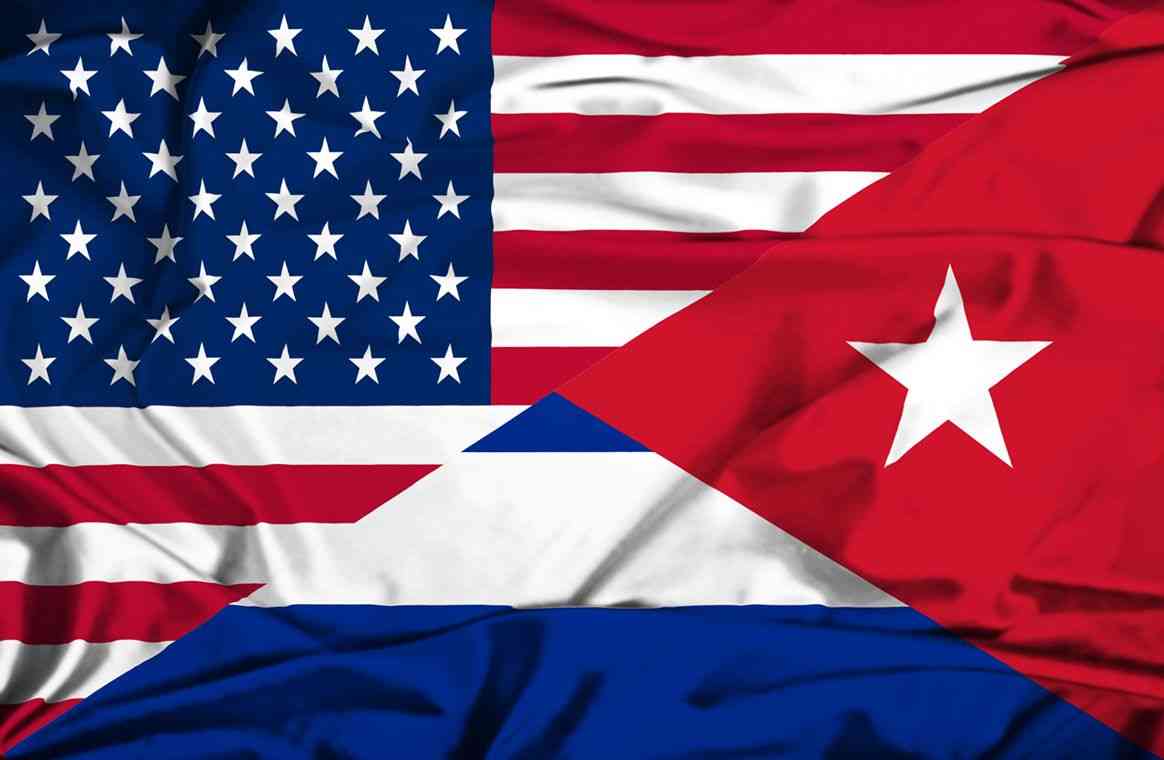In 2016, US President Barack Obama visited Cuba, announcing the beginning of diplomatic normalization in US-Cuban relations. Some considered that the normalization of relations with Cuba was a "defeat" of American imperialism, which was eventually forced to acknowledge the failure of its previous plans to overthrow socialism built by Cuba, which proved its worth in the face of American hegemony. In contrast, others saw it as a defeat for communism and socialism in its stronghold in the western hemisphere.
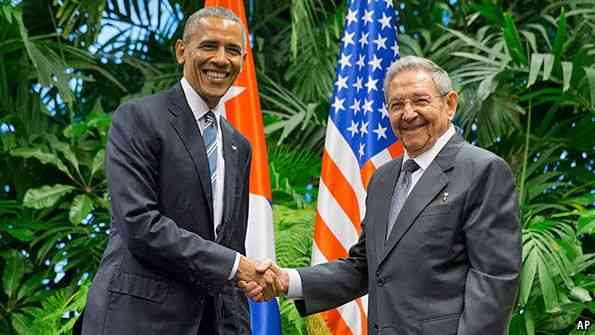
But to understand how big this issue is and to understand where this American hostility to Cuba came from and why we must go back to around the 1850s. When America was divided between Pro-Slavery and Anti-Slaverypolitics, One of their political struggles over the Spanish colony called "Cuba" and Pro-Slavery politicians wanted to buy the colony from Spain or take control of it by force to make it the New Slave State. Still, Anti-Slavery politicians opposed this, calling it imperialism.

In 1898, after slavery ends, Americans have a different version of this argument again, when Cubans rise up against Spain. The US joins them, starting the Spanish-American war, But Americans divide: should the US seize Cuba from Spain for itself, or liberate it?
This is part of a much bigger debate at the time over whether the US should explicitly become a European-style imperial power. So this is an argument about Cuba, but it's also an argument about America and what kind of country it should be. Should America be the kind of country that controls Cuba, or that respects it as a fellow southern nation? That argument has continued, in different forms, ever since.
At this point,in 1898 , the fight happens in Congress. Each side passed laws trying to force their way.It ends with a weird split_baby policy,with cuba winning independence, but under quasi-imperial rule. The US would take over Guantanamo Bay, dictate Cuba's foreign policy, and give itself the right to intervene in Cuban affairs.
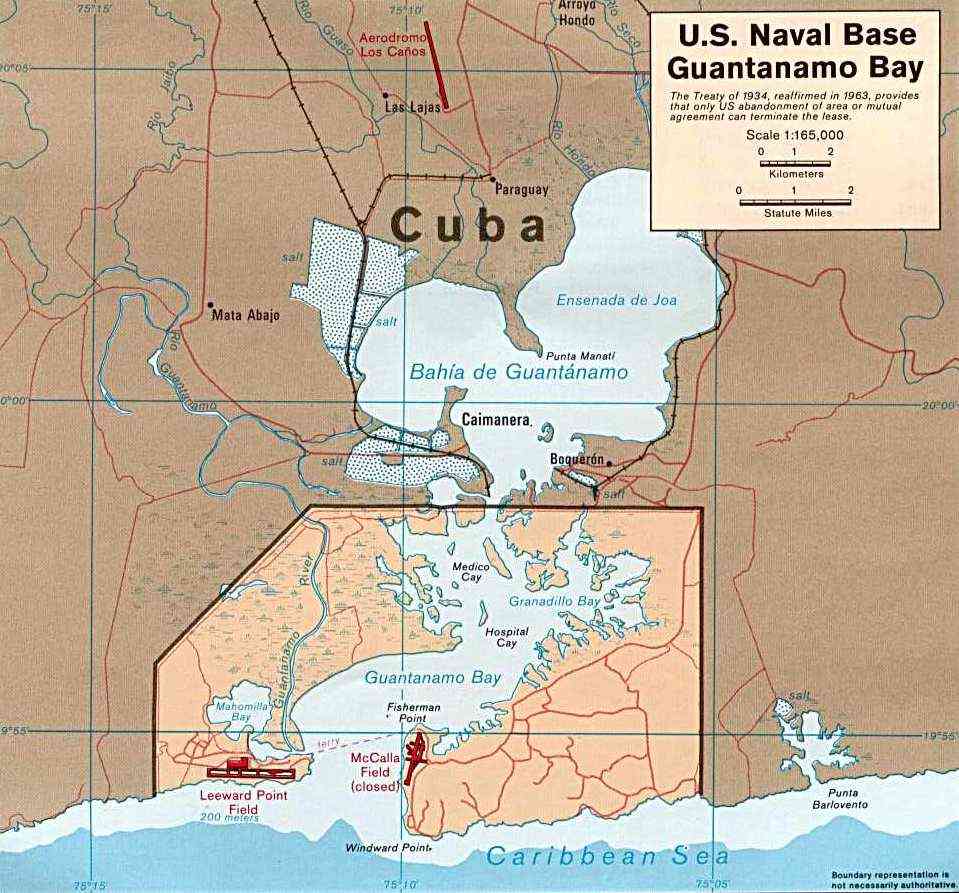
Then come the next American interventions in Cuba, in 1906 and 1917. Each time, the US military takes over for a few years, Ostensibly to resolve some political crisis, but that usually means protecting American interests, Such as sugar imports. Today,when Americans think about the US and Cuba, we think of the cold war, but Cubans often think back to this imperial era.
That era technically ends in 1933 , with an uprising against Cuba's government. Under us law, America is supposed to intervene, but president Franklin Roosevelt want to end America's imperial era, So he declares neutrality. Over the next 20 years, Cuba becomes a democracy, and one that's generally friendly with the US .That changes in 1952 , when a former president and military leader named Fulgencio Batista Seizes power in a coup , Suspends the constitution, and imposes an increasingly oppressive rule Cuba's communist uprising begins the next year , led by a young Fidel Castro.
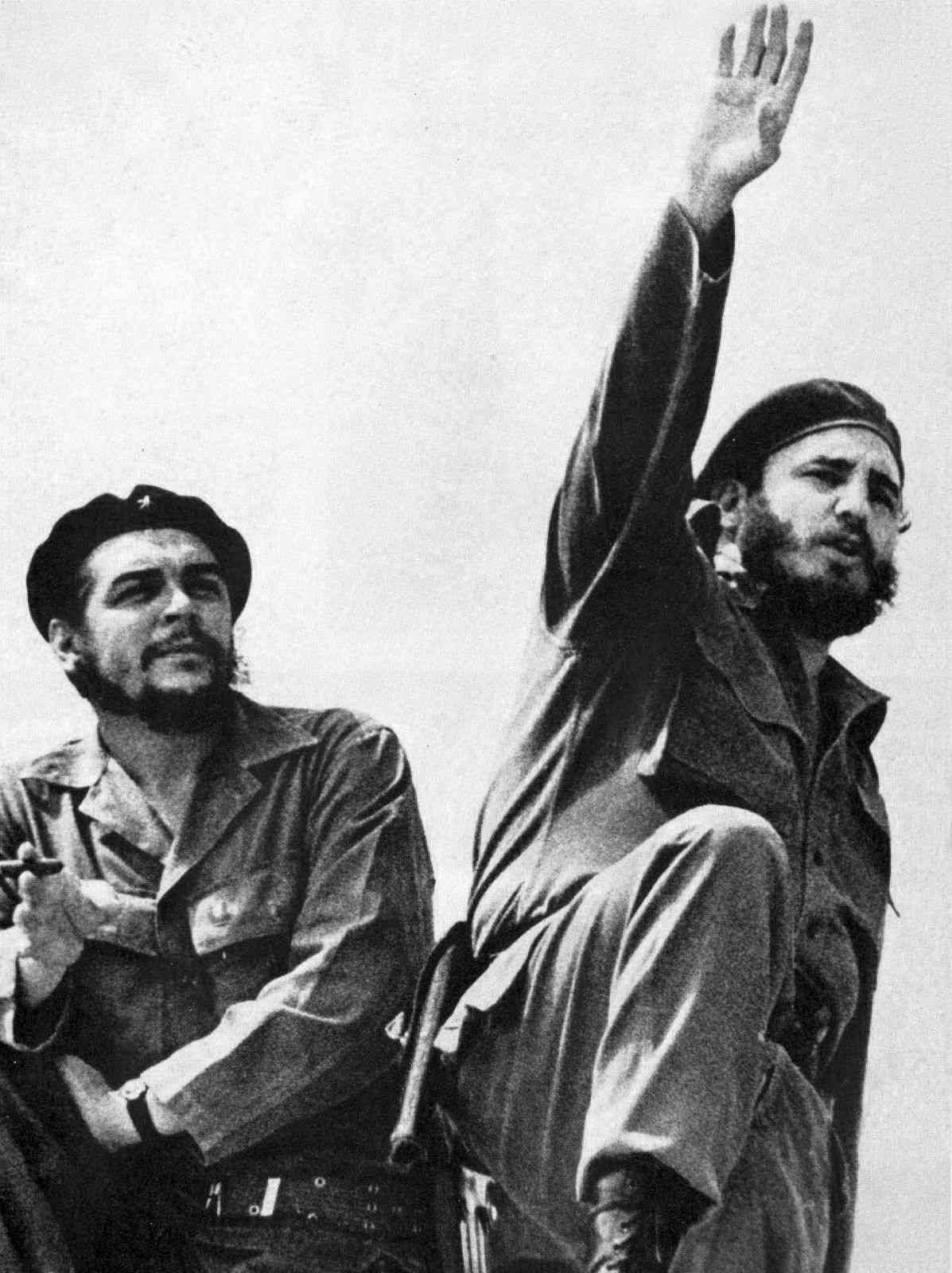
American politics at this point is obsessed with fears of communism, So the US backs Batista in the war , no matter how brutal he becomes .For Americans, this feels like a front in the struggle against communism. But for Cubans,it feels like Batista is an extension of American imperialism, and the guerrilla war a continuation of their long fight for freedom. The communists win in 1959 and Castro takes power. The US, fearing communism's expansion, sets up the embargo to strangle Cuba's economy, tries to assassinate Castro, even,in the disaster known as Bay of pigs, sends in CIA try to trained Cubans to try to take over the island.
Then Fidel Castro went to the Soviet Union asking them to help protect the island from American aggression, and around 1962 they almost started a third world war specifically when America prevented the Soviet Union from planting its nuclear missiles in Cuba and at the time most indicators indicated a severe global tension It could cause a third world war, but a peaceful solution was later proposed and agreed upon and the withdrawal of nuclear missiles from Cuba and Turkey.
Over time, the Cubans became between two fires, Fidel Castro's dictatorship, and the American economic blockade that exhausted the country.
In 1980, Fidel Castro allowed the Cubans to leave the country, and then about 125,000 people left from Cuba for America and landed on the Florida peninsula.
Then, the internal conflict between Fidel Castro and the Cuban dissidents became a reflection of the American policy towards Cuba.
Then, in the early 1990s, after the collapse and dismantle of the Soviet Union, US President Bill Clinton stated that Cuba was no longer a threat and the American-Cuban conflict must end.
This is what Fidel Castro had in his mind, because he could no longer rely on Soviet assistance to resist the American threat.
Here the Cubans fleeing to America appeared and demonstrated with demonstrations opposing Clinton's statements, and they wanted to keep Cuba under the embargo and they also wanted to topple the communist regime in Cuba.
In 1996, the Cuban authorities shot down two planes, which were piloted by an American pilot of Cuban descent, and this operation was a major blow to lifting the economic blockade and ending the political conflict, at which point Clinton withdrew his previous statement.
In 2008 Fidel Castro resigned from his post as President of Cuba and handed power to his brother, Raul Castro, and his brother became Secretary to the Cuban Communist Party.
It was then that Cuban-American negotiations began in 2013, and he was helped by negotiations by Pope Francis.
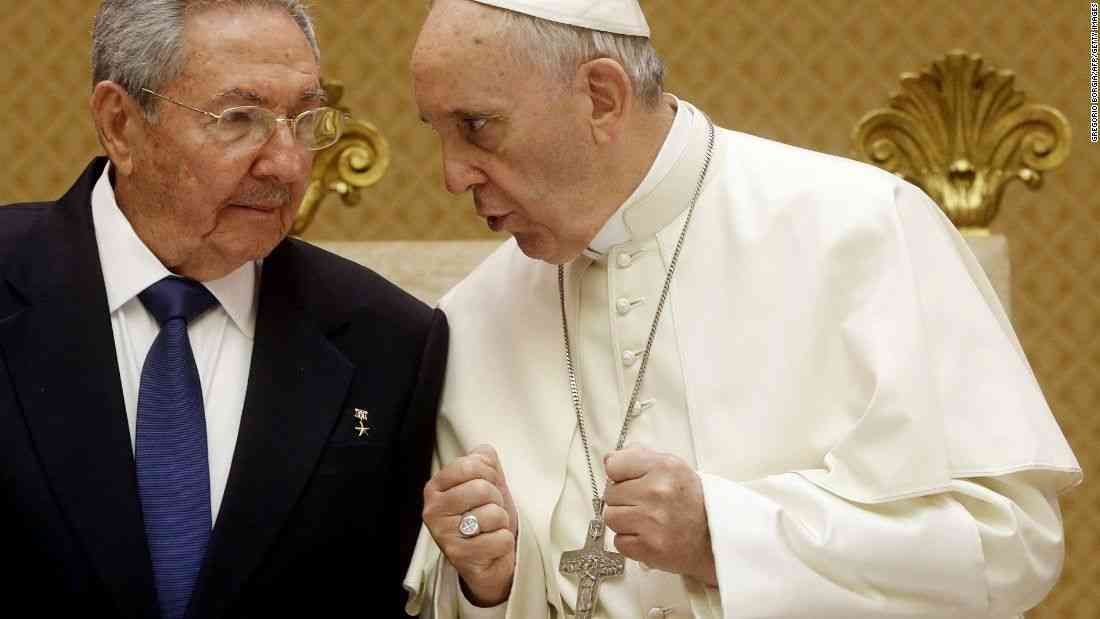
In 2014, they announced their agreement to solve the Cuban-American crisis, and then Barack Obama became the first American president to visit Cuba since 1928.
Despite this, America and Cuba have not had the usual neighborly relationship yet
Difficult times have passed on the two countries, but America has treated Cuba as a colony rather than a neighbor.
But is it possible to return relations as they were between the two countries?
There is a lot to overcome but will they be able to?
We hope so.

